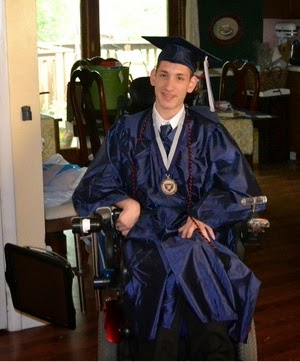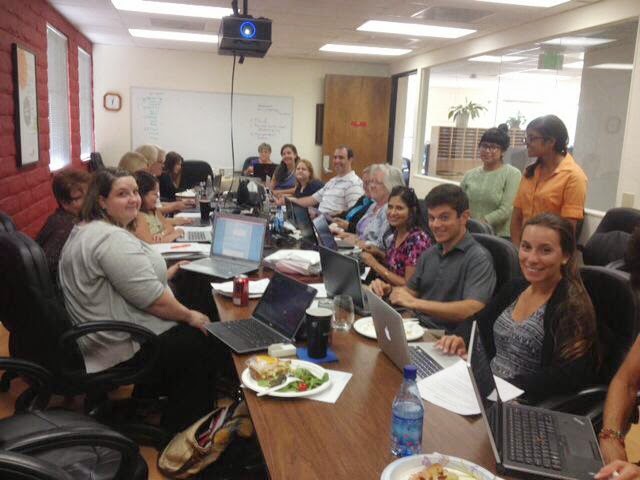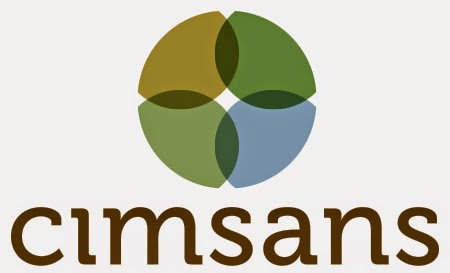CEO’s Update: Fall 2014

My personal goal is to channel the aspirations of the technology community to do more social good. More and more of my time is spent around both raising money and raising awareness of how much more could be done with technology to increase social impact. In this update, I’m delighted to be able to share Benetech’s latest efforts to do both. First, I’ll cover our biggest fundraising effort of the year: individual philanthropy is crucial to us; it’s the portion that makes 10X impact possible! Then I’ll share the latest stories on the impact of our tech volunteerism and human rights tech efforts as well our new tech leadership. Highlights of this Update: Join Benetech in Making the World Better for All SocialCoding4Good and New Tech Leadership Human-Oriented Tech for Human Rights Join Benetech in Making the World Better for All At Benetech, we touch the lives of hundreds of thousands of individuals in often-difficult situations. From people in Latin America who face severe wate










